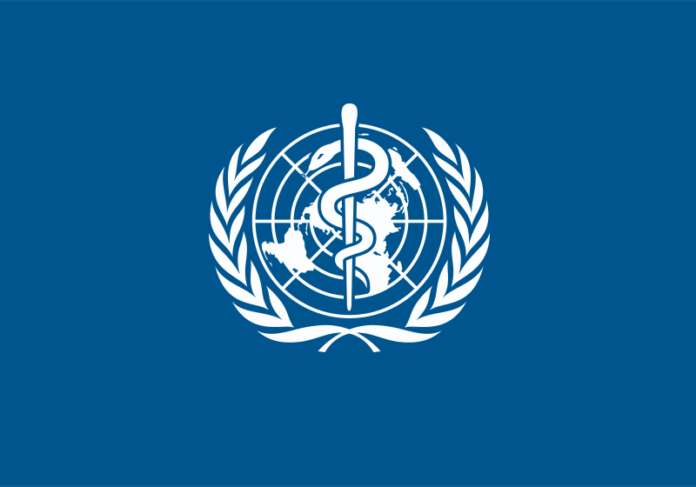The images of people, wearing face masks, hospitals full of patients in China sent a scare of possibility of resurgence of Covid once. Like before, if it started in China, India could be next. However, health agencies were quick to get into action, ruled out Covid, but asked everyone to remain guarded nevertheless. The humanity learnt its lessons very well in 2020 and 2021.
Two cases of HMPV (Human Metapneumovirus) were detected. Normally HPMV patient recovers within days. But in people with low immunity, the fatality can go up to 43 per cent. A 3-month-old female infant, who was diagnosed with HMPV after being admitted to Baptist Hospital, Bangalore with a history of bronchopneumonia. The infant was discharged.
Another 8-month-old male infant, who tested positive for HMPV, was admitted to Baptist Hospital, Bengaluru, with a history of bronchopneumonia. The infant recovered shortly. What was noteworthy in both cases that neither of the affected patients were exposed to any international travel. Which ascertained that infection did not travel from China
The Indian Council of Medical Research (ICMR) detected both cases in routine surveillance for multiple respiratory viral pathogens, as part of ICMR’s ongoing efforts to monitor respiratory illnesses across the country.
The ICMR emphasized that HMPV is already in circulation globally, including in India, and cases of respiratory illnesses associated with HMPV have been reported in various countries. It was first detected in 2021. Furthermore, based on current data from ICMR and the Integrated Disease Surveillance Programme network, there has been no unusual surge in Influenza-Like Illness (ILI) or Acute Respiratory Illness (ARI) cases in the country.
Union Health Ministry has said it is monitoring the situation through all available surveillance channels. ICMR will continue to track trends in HMPV circulation throughout the year. The World Health Organization (WHO) has been already providing timely updates regarding the situation in China to further inform ongoing measures.
The health agencies claim that the recent preparedness drill conducted across the country has shown that India is well-equipped to handle any potential increase in respiratory illnesses and public health interventions can be deployed promptly if needed.
The HMPV has been present globally since 2001. The data from Integrated Disease Surveillance Programme (IDSP) does not indicate any unusual rise in Influenza Like Illness (ILI) or Severe Acute Respiratory Illness (SARI) cases anywhere in the country which has also been corroborated by the Indian Council for Medical Research (ICMR) sentinel surveillance data. Since January 6th, 2025 a total of 59 cases have been reported by 11 States and UTs in India.
The Union Ministry of Health & Family Welfare has taken several specific measures to monitor and control the spread of HMPV cases and to create public awareness through campaigns regarding HMPV symptoms and prevention strategies. Situation seems to be in tight control of Indian agencies who are not going to lowers its guard.
WHO Risk Assessment & Advice
According to World Health Organisation (WHO). in temperate climates, seasonal epidemics of common respiratory pathogens, including influenza, occur often during winter periods. The observed increases in acute respiratory infections and associated pathogen detections in many countries in the Northern hemisphere in recent weeks is expected at this time of year and is not unusual. The co-circulation of respiratory pathogens may pose a burden to health facilities.
WHO recommends that individuals in areas where it is winter take normal precautions to prevent the spread and reduce risks posed by respiratory pathogens, especially to the most vulnerable. People with mild symptoms should stay home to avoid infecting other people and rest. People at high risk or with complicated or severe symptoms should seek medical care as soon as possible. Individuals should also consider wearing a mask in crowded or poorly ventilated spaces, cover coughs and sneezes with a tissue or bent elbow, practice regular handwashing, and get recommended vaccines as per physician and local public health authorities’ advice.
WHO has advised Member States to maintain surveillance for respiratory pathogens through an integrated approach, considering country context, priorities, resources and capacities. There is published guidance on integrated surveillance. The global health body also maintains a n updated guidance on assessing influenza epidemic and pandemic severity, including the impact on healthcare facilities, here.
Based on the current risk assessment, WHO has advised against any travel or trade restrictions related to current trends in acute respiratory infections.



